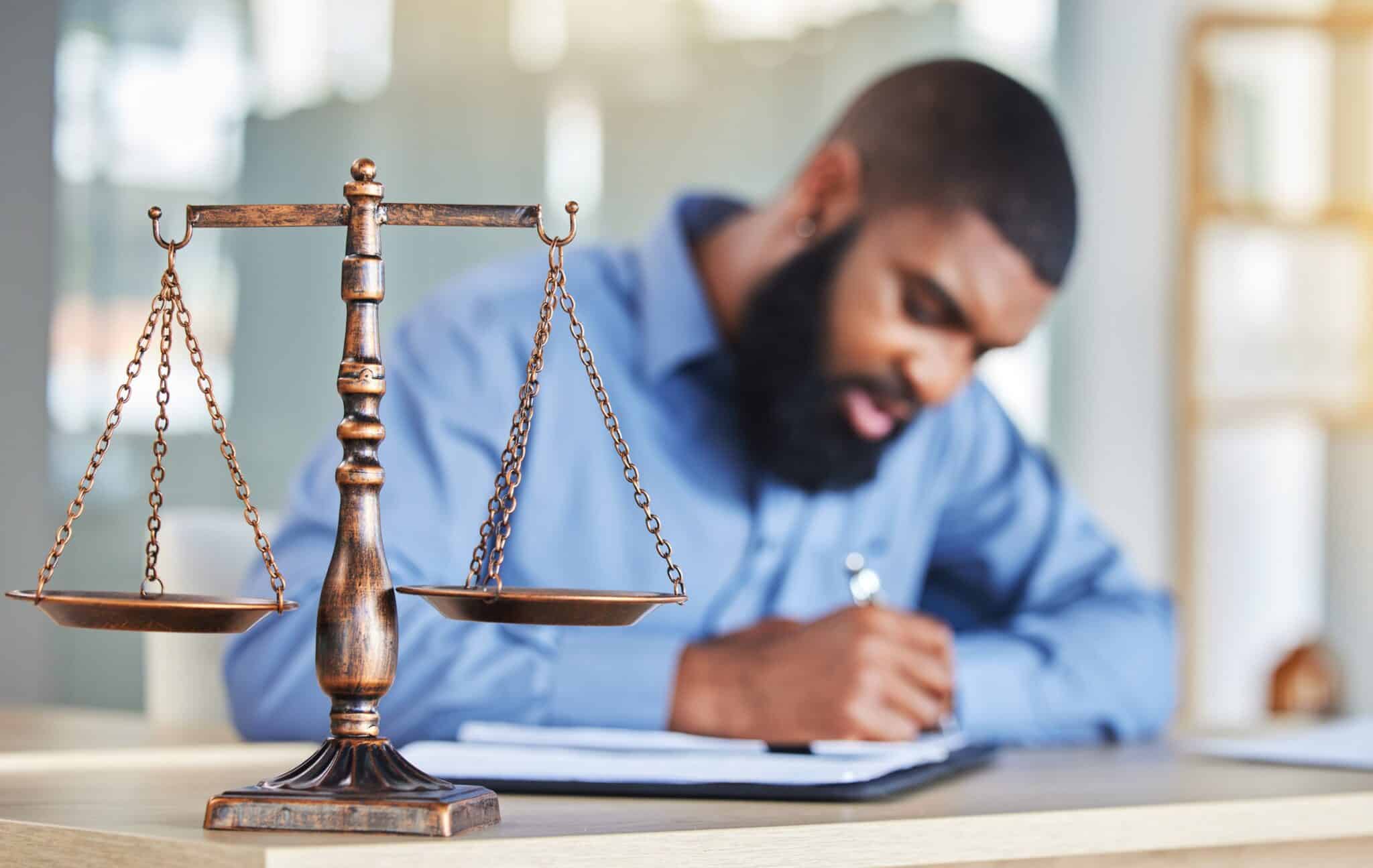HOW CAN I FIND OUT IF I’VE BEEN BANNED FROM A CASINO IN MISSOURI?

Whether you’re a regular player or an occasional visitor, the last thing you want is to walk into a Missouri casino, only to be escorted out by security because you’ve been banned.
Being barred from a casino isn’t always obvious. Sometimes the ban is clearly communicated. Other times, it’s buried in paperwork, sent to an old address, or verbally mentioned in the heat of an incident you barely remember.
At KC Defense Counsel, our experienced Kansas City criminal trespassing defense lawyers work with clients who are unsure whether they’re allowed back inside a casino—or if they might be risking a trespassing arrest by going.
WHY CASINOS BAN PEOPLE IN THE FIRST PLACE
Missouri casinos have the right to remove and exclude individuals from their property for a variety of reasons, including:
- Violating casino rules or gaming regulations
- Disorderly conduct, fighting, or creating disturbances
- Cheating or suspected cheating
- Underage gambling or drinking
- Self-exclusion for problem gambling
- Previous trespassing incidents
- Violating a Missouri Gaming Commission order
Some bans are temporary. Others are indefinite or permanent.
CONTACT THE CASINO DIRECTLY
The simplest approach is to call the casino’s security office or guest services and ask about your status. Be prepared to provide:
- Your full name
- Date of birth
- A brief explanation of why you’re asking
If you’ve been banned, they will typically confirm and may provide details about the ban’s length or conditions for reinstatement.
Tip: Don’t try to “test” your status by walking into the casino. If you are banned, that could result in an immediate trespassing arrest.
CONTACT THE MISSOURI GAMING COMMISSION
The Missouri Gaming Commission regulates casinos in the state and maintains records for certain types of bans, including state-ordered exclusions and self-exclusions.
- Visit the official Missouri Gaming Commission website
- Call their Jefferson City office
- Request verification of your casino access status
If your ban is connected to gaming violations, cheating allegations, or self-exclusion, the Commission will likely have a record.
REVIEW PAST CASINO OR LEGAL DOCUMENTS
If you were banned as part of a trespassing arrest, criminal charge, or court order, check your:
- Court paperwork
- Probation terms
- Casino-issued letters or incident reports
These documents may outline the length of the ban and whether it applies to all Missouri casinos or just one property.
UNDERSTAND THE RISK OF IGNORING A CASINO BAN
If you enter a Missouri casino while banned:
- You could be arrested for first-degree trespass under RSMo § 569.140
- You may face misdemeanor criminal charges (and potential jail time)
- The casino may make the ban permanent
- Your name could be added to a statewide exclusion list
Even if you believe the ban is a mistake, walking in without clearance is a legal risk you don’t want to take.
HOW AN EXPERIENCED KANSAS CITY CRIMINAL DEFENSE LAWYER CAN HELP
If you’ve been banned from a Missouri casino, or think you might be and you still want access, KC Defense Counsel can:
- Verify your ban status with the casino or Gaming Commission
- Negotiate with casino management for reinstatement
- Defend you against trespassing charges if you were arrested
- Challenge improper or unfair bans
We know the Missouri gaming laws and the local court systems. Our goal is to protect your record, your freedom, and your right to enjoy entertainment without legal trouble.
BANNED FROM A CASINO? CALL KC DEFENSE COUNSEL AND LET US HELP
Don’t gamble with your future by guessing whether you’re banned from a Missouri casino. One phone call could save you from arrest, fines, and a permanent record.
Criminal charges can turn your life upside down, but a skilled defense can set things right. At KC Defense Counsel, our affordable Kansas City criminal defense attorneys are known for aggressive courtroom tactics and smart legal strategies.
We don’t back down and we don’t give up. If you’re facing casino trespassing charges in Missouri, contact us now and get the powerful defense you deserve.
Cities we serve: Adrian, Archie, Bates City, Belton, Blue Springs, Buckner, Butler, Cameron, Claycomo, Cleveland, Drexel, Fairview, Ferrelview, Gladstone, Grain Valley, Grandview, Greenwood, Houston Lake, Independence, Kansas City Missouri, Kearney, , Knob Noster, Lake Lotawana, Lake Tapawingo, Lake Waukomis, Lake Winnebago, Lawson, Lee’s Summit, Liberty, North Kansas City, Oak Grove, Oakview, Parkville, Peculiar,, Platte City, Platte Woods, Plattsburg, Pleasant Hill, Raymore, Raytown, Riverside, Smithville, Sugar Creek, Tracy, Warrensberg, Weatherby Lake, and Weston.
Statewide: Missouri State Highway Patrol and Sheriff Counties we serve: Bates County, Cass County, Clay County, Jackson County, Platte County, Ray County.
Contact our experienced Kansas City criminal defense lawyers near me in Missouri and let us help begin building your defense. Let us help.
Disclaimer: This page is for informational purposes only and does not create an attorney-client relationship. Always consult qualified counsel regarding your unique situation.



















